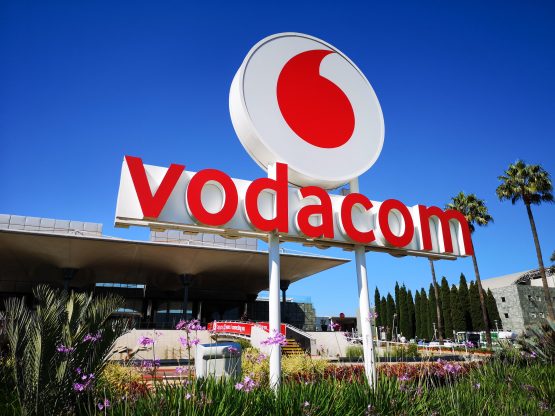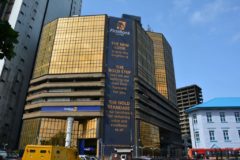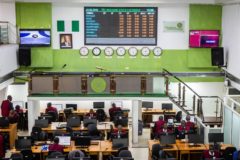South Africa’s competition regulator has rejected Vodacom’s acquisition of Maziv, a holding company which owns Dark Fibre Africa, the country’s second-largest fibre network operator.
The competition commission of South Africa has recommended against Vodacom’s acquisition of Maziv, a holding company whose assets include fibre network operators Dark Fibre Africa (DFA) and Vumatel.
“The Commission is of the view that the proposed transaction is likely to substantially prevent or lessen competition in several markets and that the conditions offered do not fully address the resultant harm to competition,” the regulator said in a statement.
Additionally, the commission stated that the public interest commitments provided by the merger parties did not outweigh the competition concerns.
Areas of concern
The commission outlined that the transaction is likely to affect both horizontal and vertical competitiveness in the market. From a horizontal perspective, the commission’s investigation shows that 5G Fixed Wireless Access (FWA) and fibre compete in the same relevant market and that consumers stand to benefit from increasing competitive rivalry between FWA and fibre.
“The proposed merger will result in the loss of direct competition between Vodacom and Maziv in the areas where both Vodacom and Maziv have deployed fibre. The Commission’s investigation has shown that fibre players tend to reduce prices in areas where more than one fibre network provider has deployed fibre. This price competition is lost with the merger,” it stated.
Another consideration was the pre-merger plans of both Vodacom and Maziv. Vodacom, through its spectrum allocation obligations, and Maziv, through its planned Vumatel roll-out plans, are both investing in infrastructure rollout to target underserved low-income and more rural consumers. According to the commission, a merger transaction is likely to reduce this competitive rivalry and deprive low-income consumers of the benefits that fixed competition exerts on mobile products as currently enjoyed by wealthier and urban consumers in South Africa.
From a vertical perspective, the regulator cited concerns about the fact that
mobile network operators (MNOs) rely on Maziv to a varying but significant degree for fibre backhaul and metropolitan connectivity services to provide mobile retail services. The merger would create the ability and (increased) incentive to partially foreclose or otherwise disadvantage rival MNOs to Vodacom.
In its conclusion, the regulator stated that there are no significant benefits arising from the proposed merger that are not already independently planned prior to the merger or not already in place. Additionally, the merger was deemed likely to further reinforce the incentives for self-preferencing and discriminatory behaviour.
What is interesting is that in November last year, South Africa’s communications regulator greenlighted Vodacom’s acquisition of DFA’s operating licenses by Vodacom. In November 2021, Vodacom announced that it would shell out R6 billion ($337.5 million) in cash, and fibre assets valued at R4 billion for a 30% stake in Maziv, which held DFA’s fibre assets.
The commission’s decision is likely to derail Vodacom’s plans to have a significant headstart in the battle for fibre dominance, which looked to be on the right track after MTN’s acquisition of Telkom fell through. A strong fibre network will ensure that Vodacom will be able to support its own push for 5G, as well as lease out its network to other operators for their 5G services.





















